 Science and Nature
Science and Nature How to say “earthquake” in Japanese | 地震 (じしん、jishin)
The Japanese vocabulary「地震 (じしん、jishin)」means "earthquake." Please learn the pronunciation and the example sentences.
 Science and Nature
Science and Nature  Science and Nature
Science and Nature 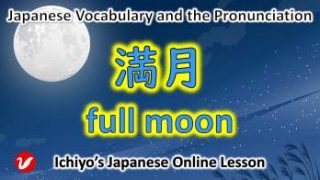 Science and Nature
Science and Nature  Science and Nature
Science and Nature  Science and Nature
Science and Nature 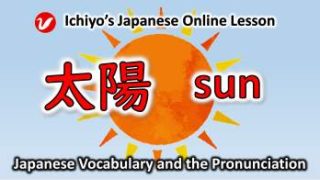 Science and Nature
Science and Nature 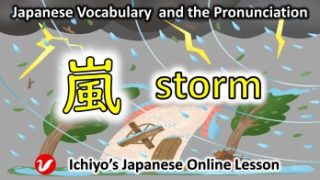 Science and Nature
Science and Nature 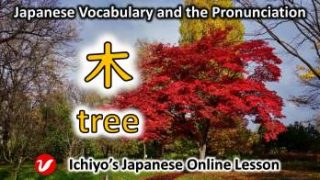 Science and Nature
Science and Nature 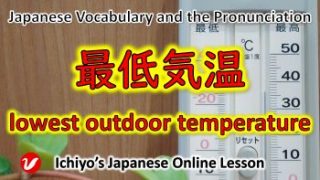 Science and Nature
Science and Nature 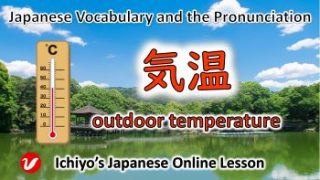 Science and Nature
Science and Nature